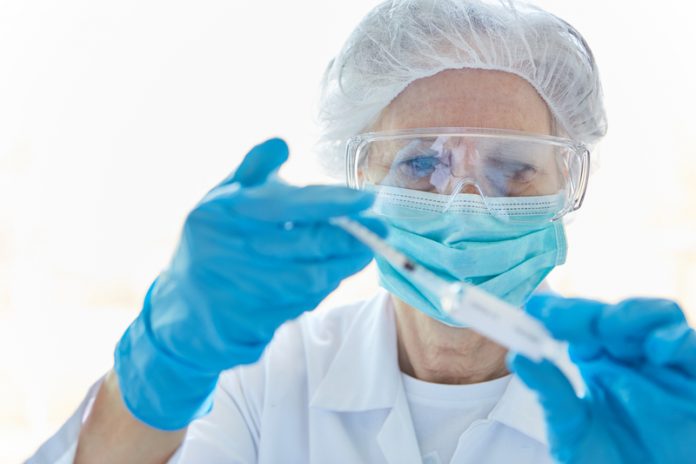Professors Alan Thornhill and Darren Griffin of the University of Kent call for more qualified diagnostic labs to be used in battle against Covid
As the Covid crisis continues to impact our lives in ways we, until recently, could not possibly have imagined, we are starting to discover that there have been some winners and some losers internationally. Vietnam has, despite being a relatively poor country, controlled Covid. New Zealand has announced that transmission has been virtually eliminated. Even China managed to turn around the problem.
Why more Covid testing labs?
The closure of bars and restaurants, social distancing, shielding, PPE and treating the sick have all helped reduce transmission and fatalities globally. But, at the core, is testing. There were many early calls to ‘test, test, test’ from many experts including, crucially, WHO. In recent weeks however, the UK, one of the world’s most advanced and developed nations, struggled to make it into the top 40 countries for tests per million of population (www.worldometers.info/coronavirus/).
There are two types of test: the first, the antibody test, reveals whether you’ve had the disease and may be immune. In the absence of a vaccine and safe, effective, accessible therapies, a reliable antibody test will help us to understand the epidemiology of this disease and discover whether we have achieved a level of “herd immunity”. The second, the PCR or antigen test, uncovers whether you are infected with SARS-COV2- the virus that causes Covid-19. In both cases, a bad test is worse than no test at all, but this is true especially for the PCR test, as false negatives (the test not detecting infected people) can lead to infectious individuals further spreading the disease.
As those countries worst affected begin to come out of lockdown and we await a second wave of infection, the PCR test is key. PCR is a routine test that allows small amounts of DNA to be replicated in sufficient quantity to analyse. Unfortunately, coronaviruses contain RNA, not DNA, and this is harder to work with, more dangerous and unstable. That’s why it is understandable that the UK initially tried to confine the testing to Public Health England labs who routinely do this type of work. Surely therefore, they are the only labs who can do this work properly, right?
Wrong. While, no one should belittle the great work the PHE has already done in trying to tackle the Covid crisis, there has been a problem from the outset. PHE alone could never possibly meet the required capacity to test all suspected patients, healthcare and care workers; let alone large swathes of the population to isolate infected individuals and reduce disease transmission.
There was, and still is, a solution
A UK network of private accredited medical laboratories exists, many already offering genetic tests for NHS and private patients. Despite repeated offers to assist, many have been overlooked. Apart from some notable exceptions like The Francis Crick Institute, the real success stories outside of PHE are the growing number of laboratories who have joined the COVID testing volunteer network (www.covid19-testing.org) which, independent of the Government’s effort, has steadfastly provided free tests to GPs, care homes and other key workers for many weeks now.
Indeed, our accredited laboratory has always been willing to help with testing but without official support we have faced significant challenges of reagent and equipment shortage or national requisitioning and have had to go it alone. We are now in a position to help as we gradually come out of lockdown and are braced for second and subsequent waves of infection. The new challenge may not be test capacity per se but easy access to high quality tests and timely reporting. This is where smaller, private laboratories may show their true worth. It’s time we used them.
If you are interested in discussing testing or have suggestions about how to increase capacity of and improve access to COVID tests in the UK please contact: alan.thornhill@igenomix.com and/or covid.uk@igenomix.com; if you are interested in discussing research opportunities please contact:d.k.griffin@kent.ac.uk








